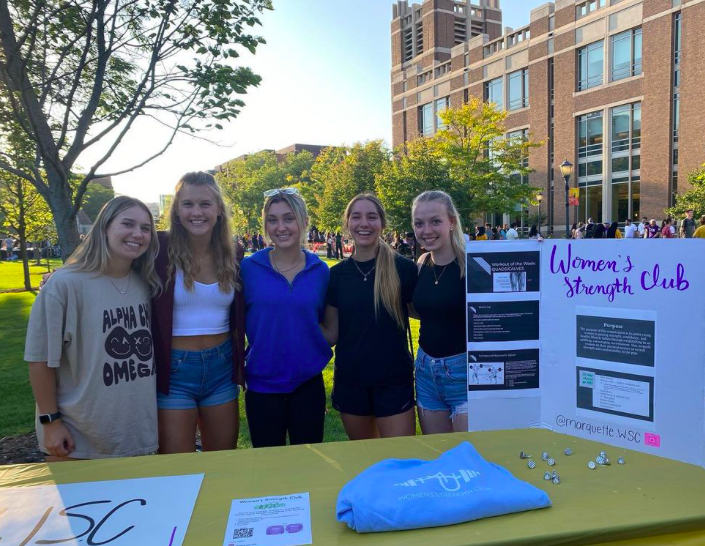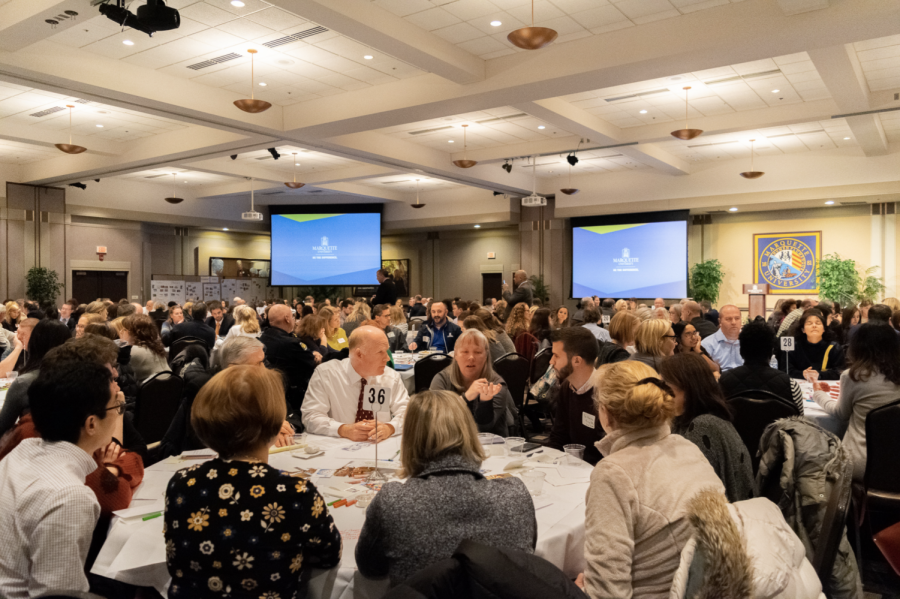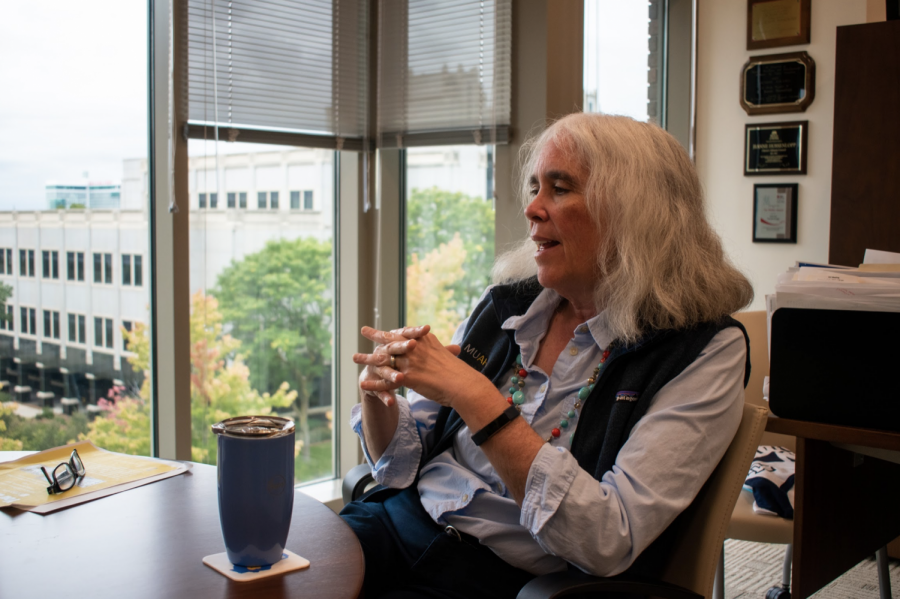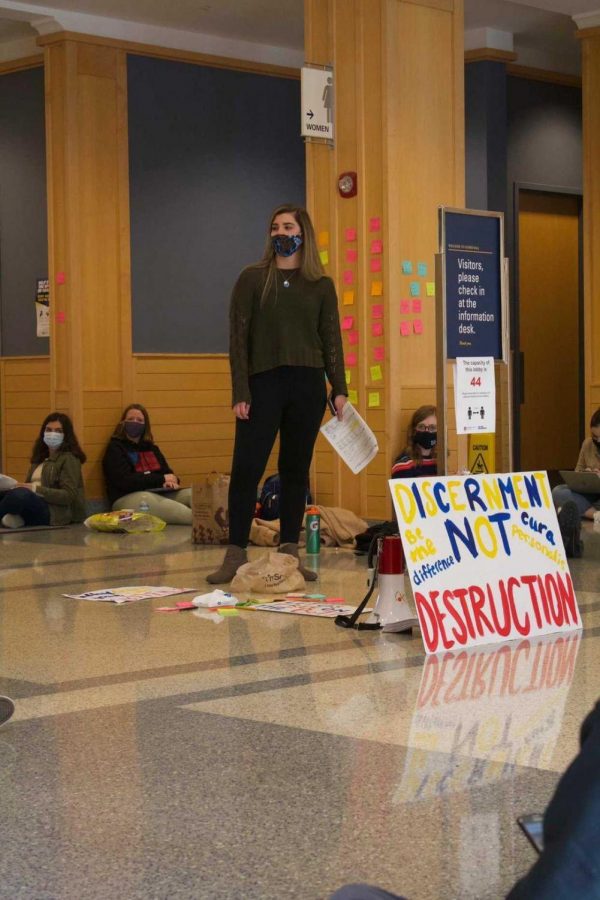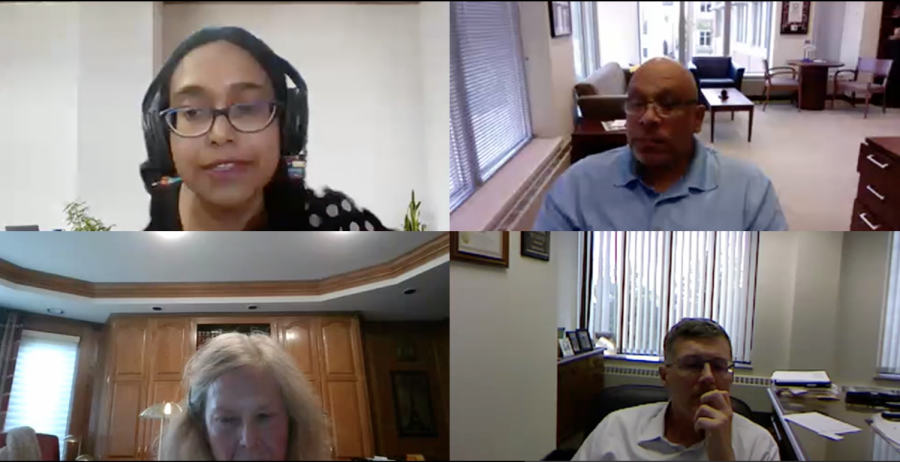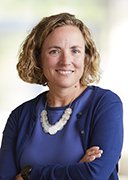
In the celebration of Women’s History Month, students and faculty reflected on the significance behind the month as well as initiatives they would like to see to expand the celebration beyond March.
Sarah Kizuk, a graduate student in the philosophy department, said Women’s History Month is about achieving “true equality and equity.”
“The whole month, for me, is a celebration of thinking about how the world can be other than it is,” Kizuk said. “It’s about change and empowerment, not just about women achieving the vote or something like that, but for achieving true equality and equity.”
Women’s History Month originated in 1987 due to petitioning by the National Women’s History Project. Before this date, it was “Women’s History Week,” which began March 7, 1982.
However, Kizuk said that it is International Women’s Day that holds the most personal significance due to its focus on various political movements.
“International Women’s Day, March 8, has great meaning for me because it’s tied to other political movements,” Kizuk said.“You can’t liberate if you don’t liberate poor people, You can’t liberate women if you don’t liberate black people, you can’t liberate women if you don’t liberate cisgender women and transgender women.”
Kizuk also said history months can be ineffective in reaching overarching goals, like equality, due to the way they’re presented.
“History months can be depoliticized,” Kizuk said. “Like when we have tepid talks given for a whole month, or when we get a little badge or bracelet; this separates it from the real quest for equality for women.”
However, Kristen Foster, an associate professor in history, said that Marquette has taken initiatives in advancing women’s careers through its Institute of Women’s Leadership program.
According to Marquette’s page on the Institute of Women’s Leadership, it is built around the mission of “advancing women’s leadership locally and globally through pioneering research, innovative programming, and collaborative engagement.”
“It not only gives women on campus a way to talk to each other across disciplines, but to come up with programming, as they fund research on campus, and they fund conversations about our research across campus,” Foster said. “To me, this is one of the most exciting and recent things to happen on campus.”
The Institute of Women’s Leadership will hold a virtual event March 4 titled “Pursuing Justice in Public Health and Equity through Community Engagement Conversation.” Students can register at Marquette’s Office of Economic Engagement website.
In regards to initiatives Marquette can take to foster a better understanding and appreciation of women’s history and studies, Foster said the university should create more space for students to take classes outside of their major.
“Initiatives to do more interdisciplinary conversations would be very helpful for conversations across campus and really appreciating what we do in each of our colleges,” Foster said. “That’s something we’ve realized we don’t do very much of.”
In order to create a more inclusive environment, Julia Paulk, associate professor of languages, literature and culture, said she hopes Marquette will strive for more representation within the president’s cabinet.
“The president’s cabinet is still a majority of white males,” Paulk said. “I think they can strive for more representation of women and people of color at the highest levels of leadership at the university.”
University President Michael Lovell’s cabinet is only 25% female. The dean of the College of Communication, Sarah Feldner, and the vice president for research and innovation, Jeanne Hossenlopp, stand as the only two women.
However, Paulk said she tries to seek equal representation when creating her class’s curriculum.
“In my literature class I’m very careful to try to ensure I have female authors along with male authors,” Paulk said.
Looking forward, Paulk said Women’s History Month shouldn’t be exclusive to March, rather a year-round celebration.
“It’s important given the fact that things have not equaled out, that we are reminded of women’s stories and the value of what they have contributed,” Paulk said. “Just like Black history should be all year, Women’s History month should also be all year.”
This story was written by Claire Driscol. She can be reached at [email protected]

